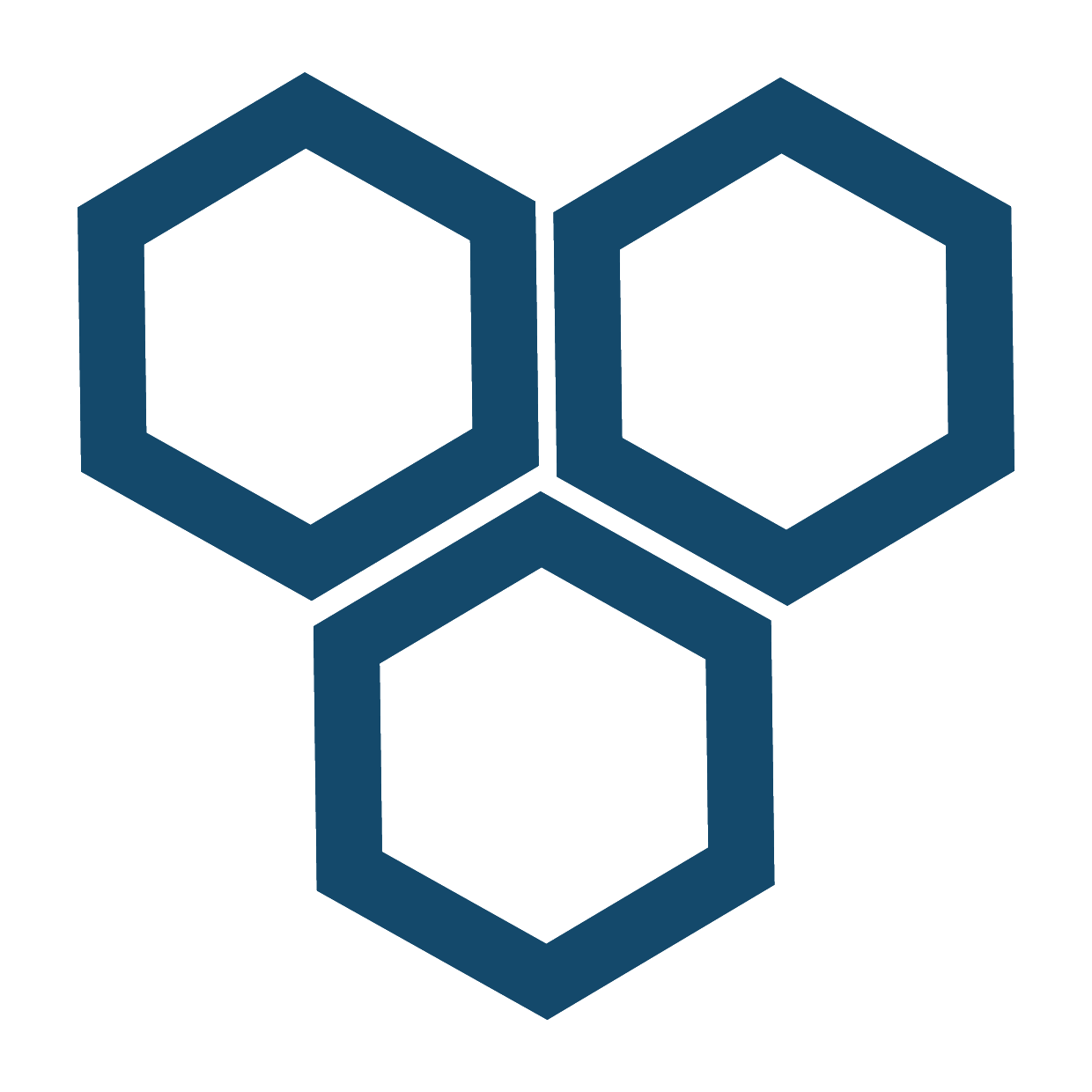State
In progress
Description
The ML-Style project’s main objective is, to protect sea and all marine resources, and the promotion of circular economy by reducing the marine litter, designing an integral inorganic waste management system in the fishing ports (plastic packaging, nets, disused rigging, and marine litter collected by fishermen and seafood collectors) and the analysis for the possibilities of it recovery and use as raw material for clothing, accessories and other fashion complements manufacturing by INDITEX, who is the project promoter.
The project began in the ports of Vigo and Marín, lately OPROMAR, The Provincial Federation of Brotherhoods of Pontevedra, the Brotherhoods of A Garda, Baiona, Vigo, Redondela, Cangas, Cambados, O Grove, Portonovo, a Illa de Arousa, Vilanova de Arousa, and Galician Ports through which, the mentioned brotherhoods have logistic and port activities. All this actions are being taken in order to achieve a significant reduction in marine litter and a greater supply of materials that make its recovery economically viable.
Activities
Besides the coordination and management, this project has been organized into seven groups of activities (WP2-WP8).
WP2: Seabed cleaning from nets and trash
Implementing several mechanisms to collect marine litter, 1) “Passive fishing”, long-term campaigns focused on the collection of marine litter during fishing and shellfish activities, 2) “Active fishing”, targeted campaigns that would be designed and equipped with specialized mechanisms, such as personalized draggers and other specific equipment needed, to collect as much marine litter as possible. For these campaigns, fishing inshore and offshore, and shellfish activities would be involved to generate a bigger impact.
WP3: Study of the waste generated in the fish market activity and by the companies operating in the port environment
Characterization of the waste (inorganic materials) produced by these companies according to their segment of activity and suitability degree for subsequent recovery. Development of a diagnosis of their potential for recovery and the steps to be taken to facilitate the recycling processes - surveys and interviews with companies in the fishing sector.
WP4: Waste characterization
Analysis of the waste collected during cleaning activities by fishery and shellfish agents. Definition of it composition, typology, decomposition level, purpose and required amount for clothing, accessories and other fashion complements production
WP5: Marine litter and port waste selective-collecting points
Design an efficient collecting space of waste and marine litter, and a logistic system to concentrate, classification, treatment, and transference of the marine litter. To provide adequate equipment, management and installations for port waste and marine litter collected on sea by fishing fleet
WP6: Analysis of the marine litter collected valorization alternatives
Evaluate the characteristics of the collected materials to determine it usage as raw material for textile industry. With all the material collected by fishing agents (fleets, shellfish activities, fish markets and other seafood related activities) and disused fishing nets, valorization options will be identified
WP7: Pilot sample design
With the intermediate materials in their different variants obtained from the recovery (chippings and threads) derived from the PT6, the design and manufacture of useful elements for INDITEX will be carried out. From this experience, a comparison shall be made, in terms of costs and qualities, with similar articles manufactured by the same company, but using virgin chippings.
WP8: Impact study
Taking into account the information generated in the different WPs and by carrying out a cost-benefit study, WP8 will evaluate the technical and economic feasibility and the impact of the project actions in social, economic and environmental terms.
Expected results
- Important reduction of the amount of waste currently invading the ocean, on the areas where fishery activities take place, and identification of mechanisms of collecting systems actions sustainability for long term.
- Capacity and reach evaluation of the agents involve in marine litter collection -fleet, fishermen and fishing gears-
- Improvement on knowledge about recycling potential of the different materials collected
- “Green points” establishment in the port, implementing management systems in the Ports of Vigo and Marín areas.
- “Pilot samples” production on clothing, accessories, and textile products for home décor, produced from marine litter collected and recycled.
- Economic viability analysis for the implementation and management for the recycling system needed
- To increase environmental awareness in fishery and port industry
Contribution
- Innovative port: Investigation and development activities to determine alternatives for marine litter valorization, which will be lead to innovation.
- Green port: by executing the project, a huge positive impact on ocean's clean up from plastics and other materials is expected, by collecting them under the methodologies explained before.
Current state
The project was launched in July 2018. In September 2018, negotiations with shipowners and fishermen's associations began and a collaboration agreement was established with OPROMAR, which includes their adhesion to the project. Since November 2018 fishermen are collecting and unloading this waste for ML-Style.
Collaboration of Portos de Galicia and the Provincial Federation of Pontevedra's Brotherhoods, as well as adhesions of numerous boats and shellfishermen's associations from A Guarda, Baiona, Vigo, Redondela, Cangas, O Grove, Portonovo, Cambados, Vilanova and a Illa de Arousa.
Development of logistics in the ports of unloading and periodic analysis of waste. Installation of collection and sampling points.
